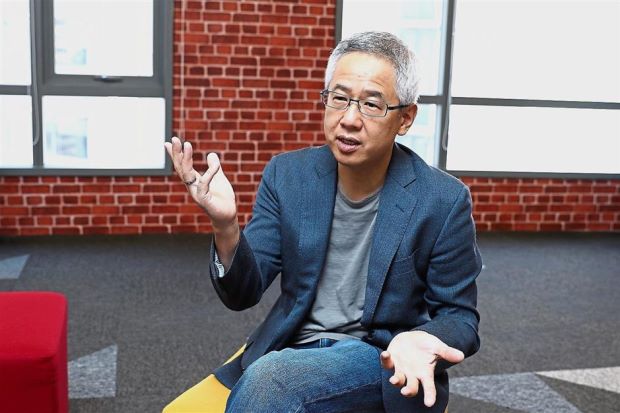Malaysia: Tapping the e-commerce growth
WITH consumer sentiment expected to improve over the coming quarters, e-commerce marketplace 11street is eyeing a 70% growth in gross merchandise value (GMV) in Malaysia for 2017.
“Previously, the market was affected by the overall slower economy in Malaysia and consumers were limited by budget. But the market is improving and moving forward, we will grow better than the previous quarters,” says 11street chief executive officer Hoseok Kim.
Kim notes that its wide variety of products, particularly its Korean offerings, as well as its operational efficiencies will help the platform grow in the market.
Additionally, Malaysia is one of the more advanced e-commerce markets in the region with the right infrastructure in place in terms of logistics, payment facilities, high Internet, credit cards and smartphone penetration rates and high income levels, which ensures good potential growth for marketplaces such as 11street.
11street is also present in Indonesia and Thailand.
Regionally, it is targeting growth of 50%.
“We believe we are providing great value to South-East Asian consumers because we are able to bring in Korean products which are very popular here,” Kim adds.
Established in South Korea since 2008, 11street is currently the largest e-commerce platform in Korea with total GMV worth US$6bil.
However, Kim says one of the challenges for the growth of e-commerce in Malaysia is the logistics services available in the country, which are not as efficient as in advance countries such as Korea.
He explains that delivery time needs to be shortened to enable instant delivery services to facilitate better exchange and return policies.
“We are engaging our logistics partners and we are monitoring the whole logistics value chain to help improve our partners’ performance so that we can provide a better logistical experience for our customers,” he says.
11street has also partnered with other e-commerce marketplaces such as WorldFront and UiTOX to offer local consumers more product varieties from abroad. Kim says seven out of 10 products transacted on 11street are products that are not available in the local market.
“In the past, a lot of online transactions were focused on electronic goods because these were standard products and people didn’t really trust online platforms. But today, people are willingly buying things online and they buy all kinds of things like fashion and beauty products, kids and baby items and even big items like furniture because they trust the platforms.
“We still need to further educate the market to get them to experience online shopping to grow the e-commerce market,” says Kim.
Kim welcomes more marketplace providers into the market. While that means stiffer competition among players, he adds that healthy competition can help to grow and mature the market.
He expects penetration rate to improve and for the market to grow about 25%-30% annually over the next 10 years.
However, 11street hopes to be the leading player in the long run by providing the best customer experience. This includes catering to consumers’ buying behaviour and needs.
Kim says 11street will be running its Gila-gila Raya campaign till July 23 to tap into the festive buying frenzy.
“Malaysian shoppers keep surprising us. During the Ramadan Raya period from 2015 to 2016, we have experienced more than two and a half times uplift in overall online sales. 11street projects that online sales will continue upward by at least 50% throughout the Ramadan and Raya periods this year, thanks to our customers’ evolving shopping patterns,” he says.
Source: http://www.thestar.com.my/metro/smebiz/news/2017/06/19/tapping-the-ecommerce-growth/#01zSxZ4PiMKqIorc.99


 English
English




